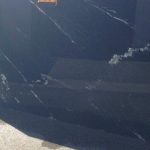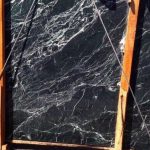Premium Quality Soapstone Countertop Slabs
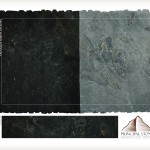
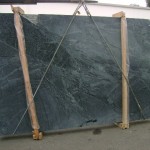
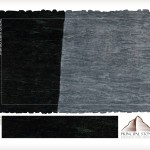
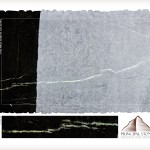
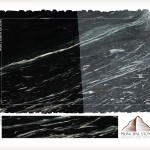
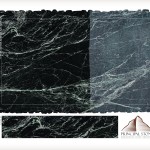
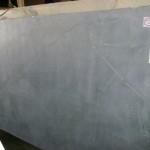
Benefits of a Soapstone Countertop
- Beauty. Soapstone is unmatched in its natural beauty and is the perfect solution for homeowners and designers wanting to get away from the ubiquitous, shiny granites.
- Soapstone will not burn. Stop worrying about setting a hot pot or pan down on your soapstone countertop or fumbling with hot pads. Move your cookware freely from the cook top or oven directly onto your soapstone countertops, without ever scorching our burning your soapstone.
- Soapstone will not stain. You only need to treat it once in awhile with a special mineral oil to enhance the natural darkening process all soapstone goes through.
- Soapstone will not harbor bacteria. As the densest natural stone countertop, soapstone is the safest stone countertop for your family. It is the ONLY natural stone countertop that does not require a chemical sealer.
- Easy to clean. Soapstone is siliceous, meaning it is unaffected and unharmed by acids contained in everyday items like wine, lemons, or vinegar. You won’t need to purchase special cleaners, either. Any household cleaner does the trick!
We carry Soapstone slabs and soapstone countertops of various styles, a few of these are Black Soapstone, Buzio Soapstone and Minas Soapstone. The names for these Soapstones often vary due to the location where they are mined from.
Soapstone is also an efficient conductor of heat and can withstand very high temperatures. You can set hot pots and pans directly on your soapstone countertop surface without worrying about damaging your stone. Though susceptible to scratches, these scratches are able to be removed with light sanding. Our soapstone colors range from
Soapstone is a natural quarried stone that comes in a variety of colors, veining patterns and sizes. Soapstone is a metamorphic rock, also known as as “steatite”, which is comprised primarily of the minerals talc, chlorite, dolomite, and magnesite.
People are often confused by the fact that there are different types and grades of soapstone. Artistic grade soapstone contains a higher talc content, which means that it is softer and suitable for carving. Our soapstone has a low talc content, which makes it harder and more suitable for countertop usage.
Because of its mineral composition and the process by which it is formed, soapstone is very dense, non-porous, and chemically inert. Nothing will stain or etch soapstone, and you do not have to apply artificial sealers to protect soapstone countertops. Other natural stones, such as granite or marble, will stain or etch even after applications of artificial sealers. Soapstone has been used for decades as chemistry lab tables, because it is inert and will not be harmed by acidic materials.
Soapstone is also an efficient conductor of heat and can withstand very high temperatures. You can set hot pots and pans directly on your soapstone countertop surface without worrying about damaging your stone.
Black soapstone is also described as a talc-schist. It contains large amounts of the mineral talc, as well as quantities of the element magnesium. The ending syllable “schist” indicates that this rock is a member of a group of metamorphic rocks that typically contain significant amounts of minerals like talc, micas, hornblende, graphite and chlorite.
Schists are also known for having mineral grains that break off easily into flakes or slabs. Black soapstone often shares this characteristic to a certain extent. It is distinguished from other similar stones, however, by its “soapy” feel. Soapstone, including black soapstone, is found across the globe, making it readily available for everything from carvings to kitchen counter tops and tiles.
Black soapstone’s color is derived from a number of different factors. These factors include the presence of various chemicals and minerals that may have interacted long ago during the rock’s formation. No single cause or component can account for the colors found in any type of soapstone. When cut, black soapstone will react with the oxygen in the air and change from its original gray to a darker charcoal color.
Black soapstone’s characteristics make it ideal for carving. Some bowls and carvings date back as far as 1600 years ago. It is one of the softest, most malleable stones in existence anywhere. Molds that are used for casting soft metals are often made of soapstone, due in part to its ability to absorb and dissipate heat evenly.
Soapstone is used very frequently for counter tops; with black soapstone being a popular choice. The color and texture of all types of the stone is why it is such a popular choice. Marks and scratches to counter tops can be fixed by carefully sanding the affected area and applying mineral oil after that. Applying mineral oil can also serve to deepen the existing color or make the veins in the rock stand out more prominently.

